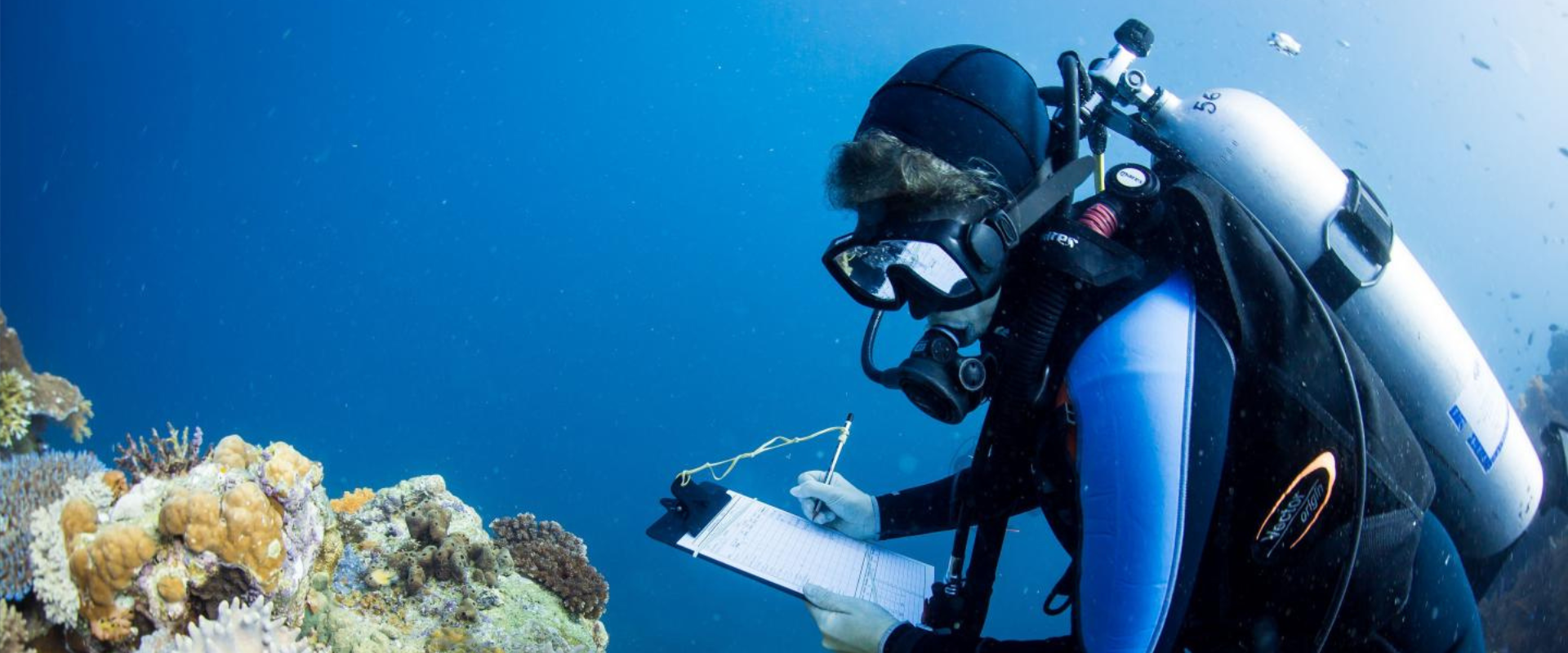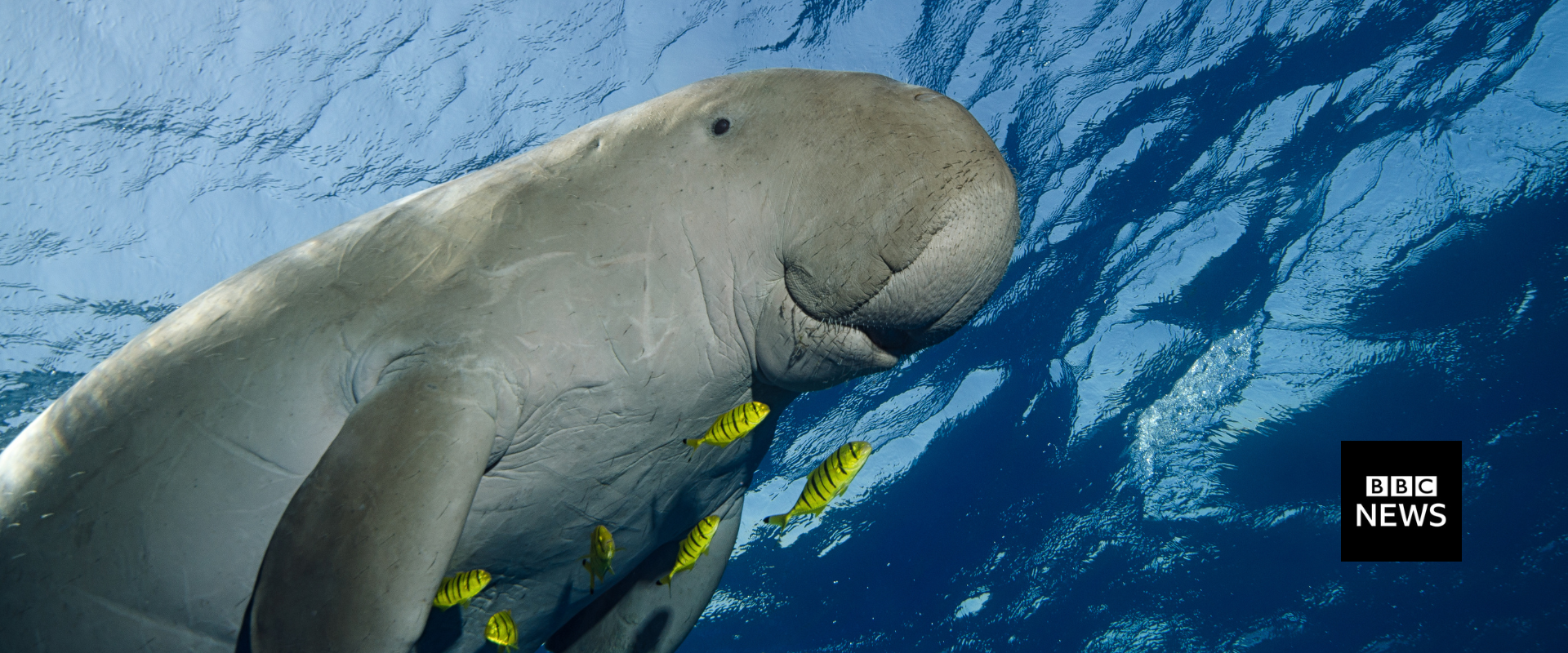Evaluating Evidence
Think Like a Scientist

Not all science is created equal — here’s how to tell the difference.
In a world overflowing with ocean headlines and climate claims, learning to evaluate evidence is essential. Science isn’t about certainty — it’s about weighing evidence, recognising patterns, and asking smart questions. This section teaches you how to assess the strength of scientific studies so you can spot red flags, understand limitations, and avoid being misled by bad data or bold claims.
Whether you're reviewing a marine research paper or reading the latest environmental article, this section gives you the tools to think critically and scientifically.
Step-by-Step:
How to Evaluate Scientific Claims
Learning to think like a scientist means asking the right questions — not just about what was discovered, but how. Here’s how to assess whether the evidence behind a scientific claim is strong, shaky, or something in between.

Why It Matters
Critical thinking turns information into insight.
Learning to evaluate evidence empowers you to make better decisions, share trustworthy information, and become a more effective advocate for the ocean.
It helps you avoid being misled by clickbait science.
It sharpens your ability to spot weak or biased research.
It builds your confidence in engaging with scientific debates.
It prepares you to question — not reject — science thoughtfully.
It encourages transparency, accountability, and better communication.
It empowers you to help others understand what makes science trustworthy.
FREE GUIDE
Evaluating Evidence in Marine Science
A quick-reference visual guide to help you assess the strength of ocean research and spot red flags in scientific claims — perfect for printing, sharing, or revisiting anytime.
UP NEXT:
Ocean Science in the News
Step-by-step guidance for understanding scientific research — from decoding jargon to making sense of data and conclusions. Learn how to read marine science papers with clarity and confidence.






